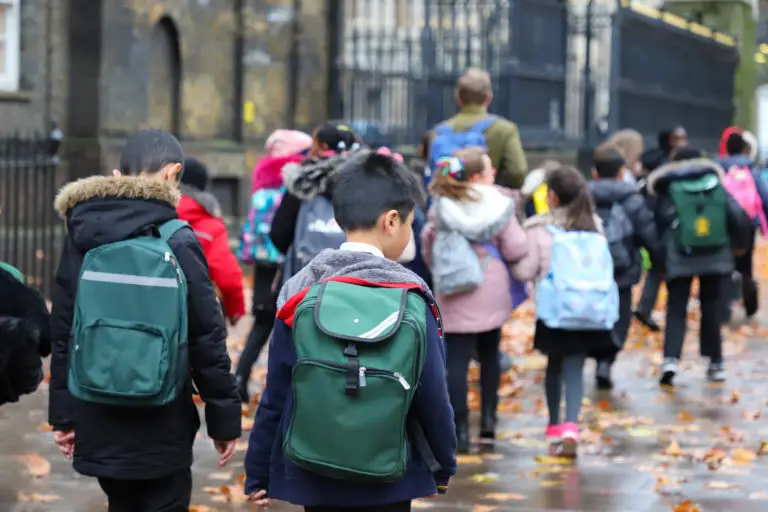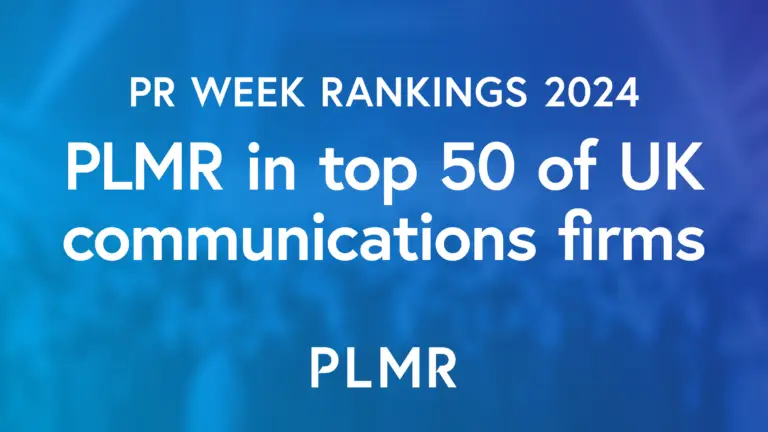“Education, Education, Education” was, famously, Tony Blair’s central policy pitch in 1997. New Labour’s election campaign was characterised by optimism and a desire for renewal. They married this with a policy platform that aimed to address the biggest issues facing the country with a non-ideological ‘third way’ approach. They went on to win the largest Labour majority in history.
However, with a general election looking likely to take place in 2024, 27 years on, the political and economic reality the Labour Party will find itself in during the next election campaign will be a very different one.
Currently, Sir Keir Starmer is leading the Opposition during the worst cost of living crisis for decades. This is coupled with a political economy that has been decimated by the double impact of Brexit and the Covid-19 pandemic. It is highly likely that these issues will remain prominent come the general election. His policy announcements have, therefore, partly been shaped by the desire to manage expectations before he has even entered Downing Street.
However, this does not mean that there is no need for considerable reform to address the longstanding, and increasing, issues within the education sector in England. There are some policy challenges that Labour needs to iron out. But more importantly, these policies need to address the big problems that need fixing.
Addressing challenges in Early Years
Firstly, Covid-19 had a huge impact on small children, in particular to their psychological development and mental and physical wellbeing. Children entering Reception are increasingly not developmentally ready to start school – lacking toilet training, not able to understand basic instructions, and even struggling to socialise with other children.
Making these matters more challenging, the Early Years sector currently faces huge difficulties. Evidence presented at a recent Education Select Committee session highlighted that the current funding system of the early years sector motivates providers to prioritise customers who can afford to pay for 15 hours of childcare per week, as the funding streams mean these customers are cross-subsidising those who cannot afford any childcare. Providers are being put in the extremely difficult position of choosing between rejecting parents who can’t provide the money up front or closing down and therefore reducing the access to provision for all parents. This has a significant impact on all children, yet disproportionately impacts the most disadvantaged children who are in greatest need of effective provision. Without this, their psychological, mental and physical development is often not adequately nurtured, leaving them ill-equipped to starting primary school.
Labour, spearheaded by the Shadow Education Secretary, Bridget Phillipson, has begun to map out an ambitious plan to address the challenges that the early years sector currently faces. Phillipson has stated that Labour would increase the early years pupil premium from £302 a year to £1,345 – more than quadrupling funding. This would provide an additional 21 million hours of funded childcare. However, those working in the sector have stated that this can only be part of the reforms needed for the sector. Labour still needs to map out whether it is going to provide further investment to make the sector financially viable, without which providers may continue to shut down, and people will continue to leave the workforce due to low pay. Unless these issues can be resolved, children will still miss out on crucial early years support and development – leaving them without the fundamental tools they need to thrive in the education system, and beyond.
Recruitment and retention
Secondly, prior to the pandemic, one in five children were leaving school without achieving Level 2 attainment; almost two in five children on free school meals were leaving school without Level 2 attainment and a staggering nine out of 20 children who have SEND were leaving school without Level 2 attainment. The pandemic impacted recording, but the trends are not looking good.
One significant reason this pressing issue is getting worse is the current recruitment and retention crisis within schools. According to a report published in December 2022, the overall number of qualified teachers in state-funded schools has not risen in line with pupil numbers, meaning the pupil to teacher ratio has increased from 17.6 in November 2010 to 18.5 in 2021. Pupil to teacher ratios are one of the clearest indicators of success and achievement in schools, so dealing with this issue is high on Labour’s agenda.
Labour has signalled that they will recruit thousands of new teachers and plug the current skills gap in schools. However, there have been few tangible policy proposals offered to explain exactly how a Labour Government would do this. Without specific details, those working in schools and the wider education sector will be unsure if a Labour Government will actually resolve the current crisis.
It is also unclear if the policy proposals Labour has proposed will deal with the teacher retention issue effectively. Labour plans on introducing a ‘National Excellence Programme’, which includes policies that will address the recruitment and retention problems. One element of the programme will be to offer teachers a sabbatical after five years, as teachers frequently leave the profession at this point. However, whether a sabbatical will refresh teachers or provide them with an opportune moment to leave the profession altogether, remains to be seen.
Crunch time for education policy
As the Labour Party gears up for the next general election and continues to position itself as a Government-in-waiting, scrutiny of its policies will require the Party to expand and explain how it will address the challenges the education sector faces. Education will always remain a key policy area, with huge consequences for the country and electoral consequences for political parties. Whether Starmer decides to reflect the 1997 campaign and place education policy front and centre, or not, those working in the education sector, as well as learners and parents, will be closely following the developments with a keen eye.





